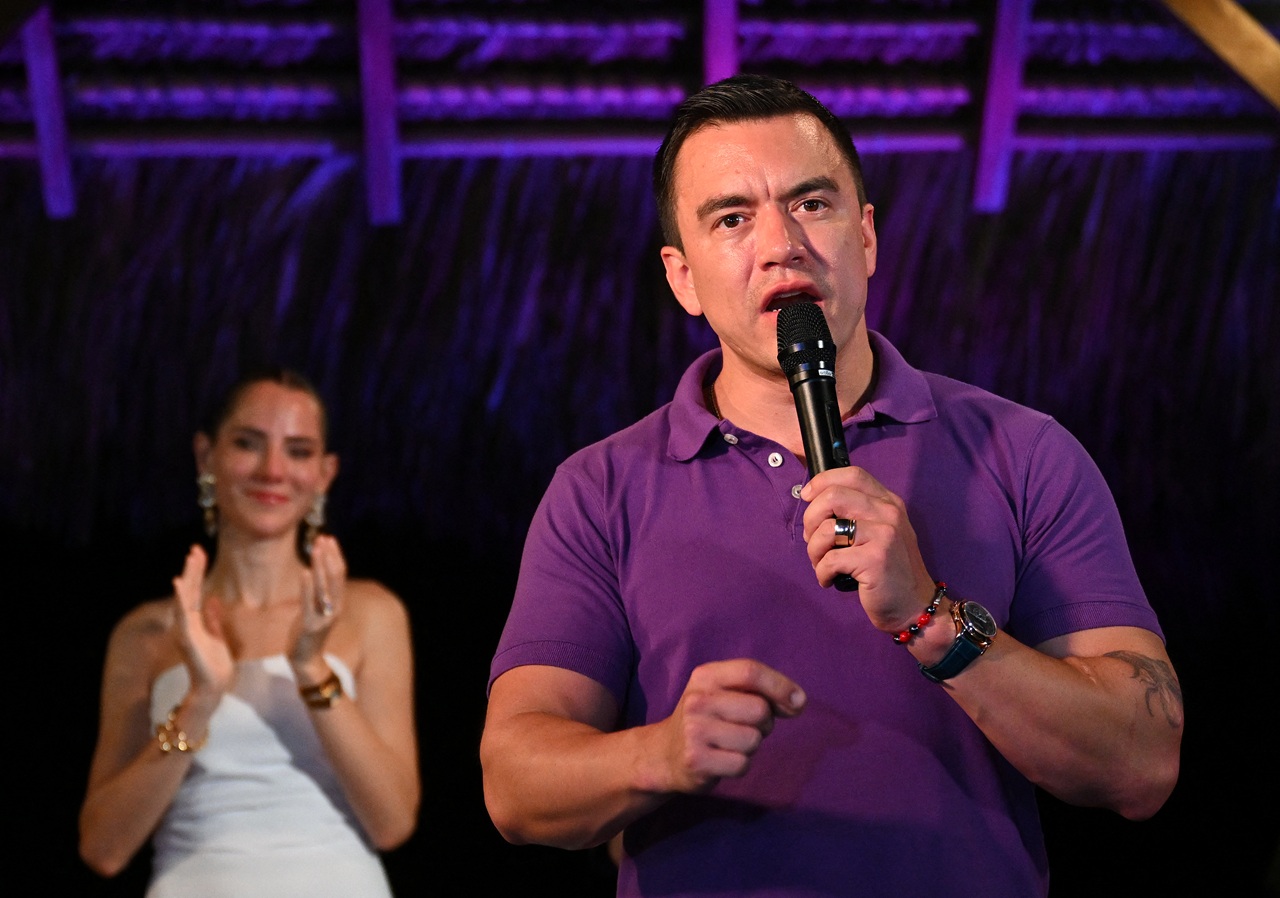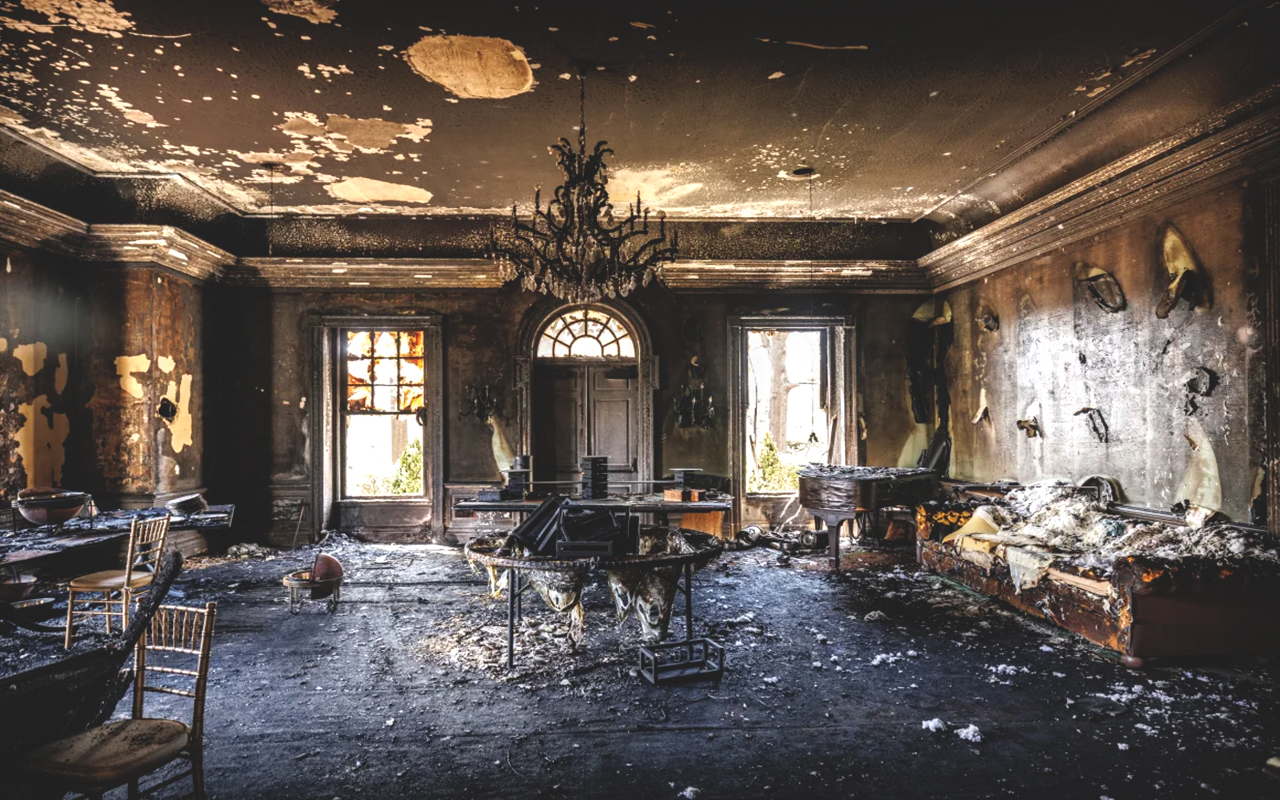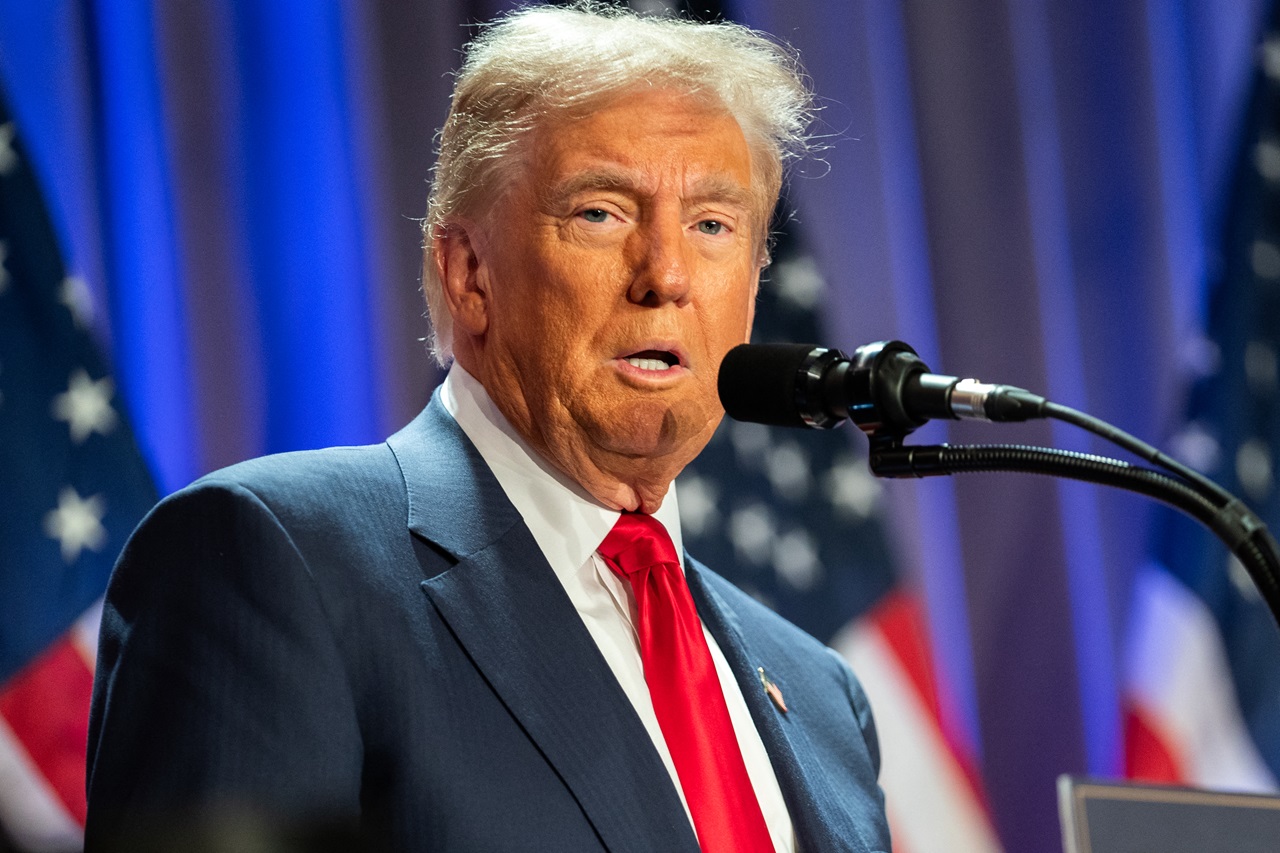
“988 Press 1,” a new mental health lifeline, introduced in Philadelphia
Secretary Xavier Becerra was in Philadelphia in advance of a new National Suicide Prevention Lifeline.
Members of the U.S. Department of Health and Human Services (HHS), including Secretary Xavier Becerra, traveled to Philadelphia on July 15, ahead of the launch of a unique mental health hotline designed to assist individuals who suffer from suicidal ideation.
At an event held at The Consortium, a recovery-oriented treatment center, Secretary Becerra held a roundtable and press conference in advance of the 988 hotline, which is poised to replace 911 as the go-to crisis prevention line.
“What we learned in Philadelphia, sometimes the hard way, is that every response to a crisis is not 911,” said Philadelphia Mayor Jim Kenney when asked by Becerra what it takes to address mental health at a city level.
“We’re putting a burden on our police, [because] they’re not always sure of what they’re coming upon. (...) 911 was for everything, and we have to get away from that,” he continued.
A study conducted by the American Foundation for Suicide Prevention (ASFP) found that, on a national scale, suicide is the 10th leading cause of death. In Pennsylvania, it is the 11th leading cause of death.
Law enforcement and mental health
Until 2020, the Philadelphia Police Department did not have a code for behavioral health calls, prompting the city to install a protocol to divert mental health-related crises to appropriate staff.
“This has been a multi-year effort to transform our crisis system in Philadelphia,” said doctor Jill Bowen, commissioner of the Department of Behavioral Health and Disability Services in Philadelphia.
“Ultimately, we want a system that mitigates trauma. If a person is already in distress, the response is to bring that stress down, bring that trauma down and ensure there’s no added trauma from the system in response,” she added.
“When you’re in distress, what you need is a community response,” Dr. Bowen noted.
In Pennsylvania, the Substance Abuse and Mental Health Administration received $3 million from the Biden administration to support the ambitious capacity at which 988 plans to be executed, according to a statement by Becerra during a press conference for the launch.
It's up to the states
However, beyond the allocated budget from HHS, there is no current legislation to further fund 988 at an operational level in the Commonwealth.
RELATED CONTENT
“This is not a federal program,” Becerra noted in addressing concerns of overstretching an already limited system.
“We had resources to help our states stand up the operations they need (...) Many [states] are improving; many have actually committed to have a sustained source of funding for 988 moving forward,” he continued.
“What’s it going to take? As I said: the governor’s gotta own this,” Becerra added, emphasizing a state’s role in passing legislation to build a sustainable and long-lasting call center model to manage mental health crises.
Pennsylvania does not currently have laws to support such an operation.
With the coming of 988, these services will be available to those in need via phone call and text, an effort led by Jessica Rosenworcel, chairwoman of the Federal Communications Commission.
“Something I’m especially proud of as a result of our work at the FCC, they’ll be able to text using those 3 digits,” said Rosenworcel.
With expanded services, it remains unclear whether there are structural models to support said operation come the launch date, but Becerra remained confident that these services will address the areas of concern that most urgently require these services.
“President Biden was serious. Now we need everybody else to walk their talk as well.”











LEAVE A COMMENT: